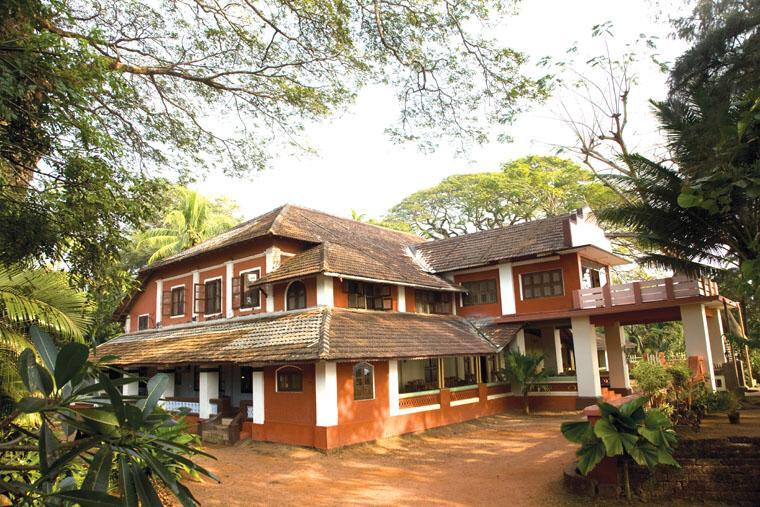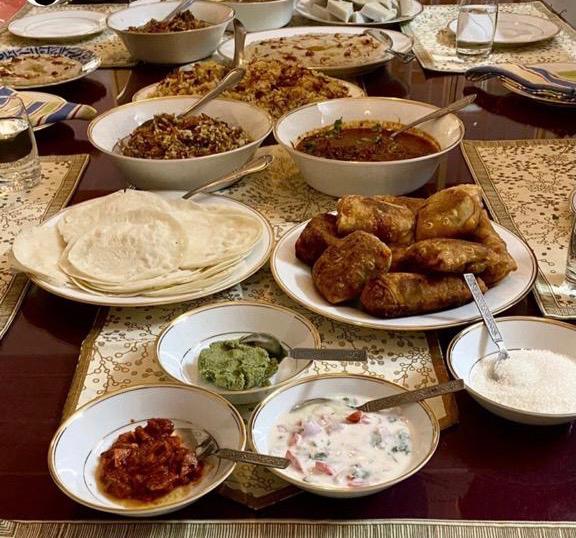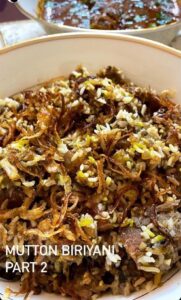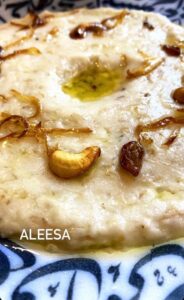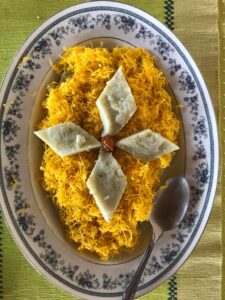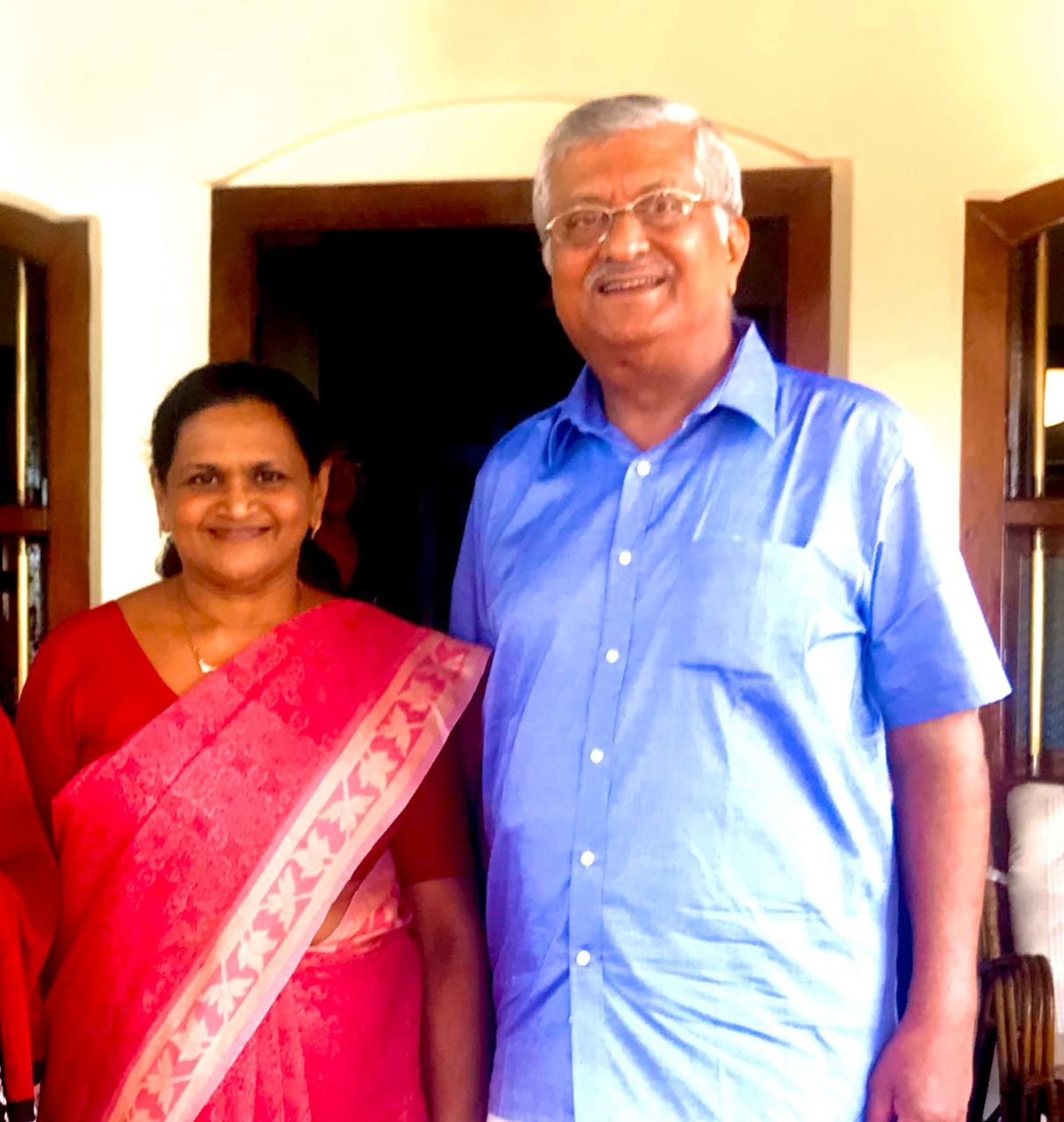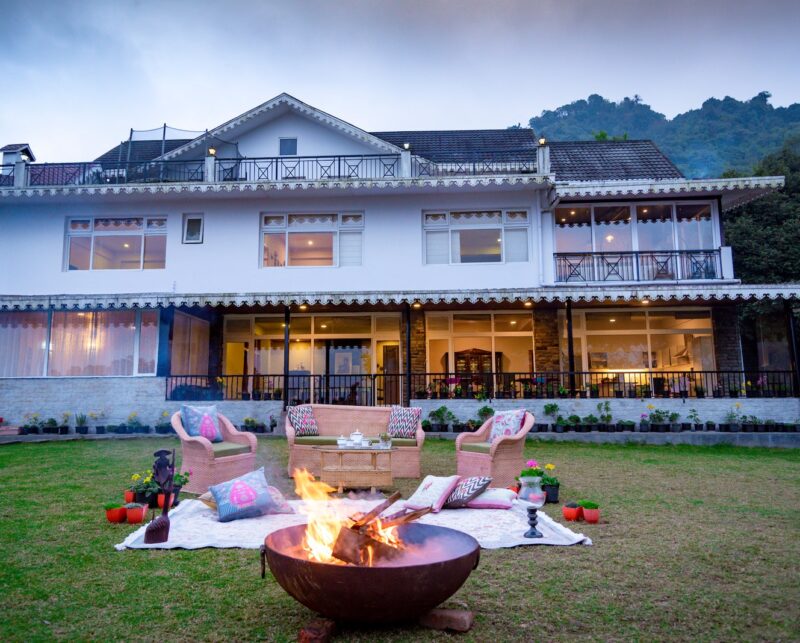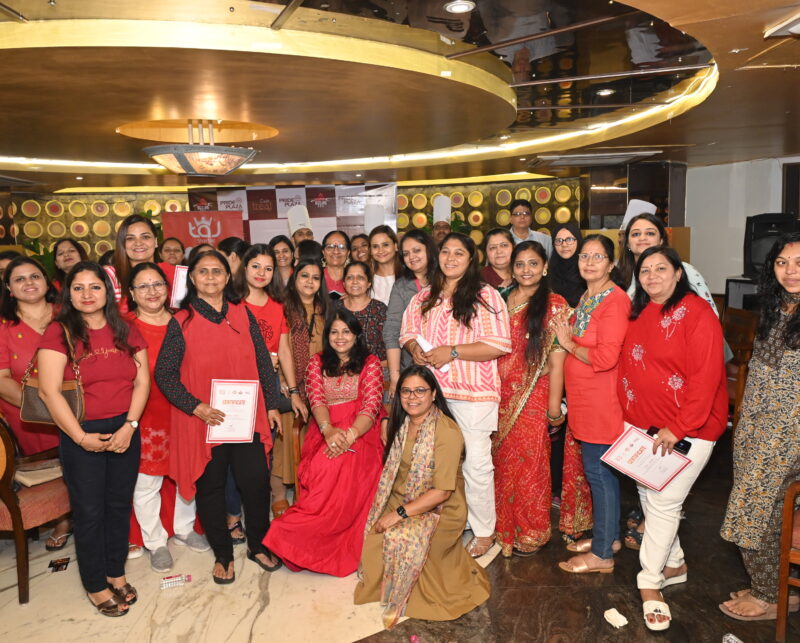Kerala has long attracted traders and immigrants from around the world. There is a wide diversity of cuisines in Kerala where Hinduism, Islam, Christianity and Judaism have thrived from centuries. It can therefore be a great destination for gastronomical tourism.
The story of Ayisha Manzil, my ancestral house, began in 1862 when an East India Company tradesman, Mr. Murdoch Brown, built this magnificent two-storey colonial-style bungalow, on a cliff top in Thalassery, looking out to the Arabian Sea. He had also planted cinnamon encompassing 300-acre land that is still known to be the largest Cinnamon garden in Asia.
In 1900, this house was purchased by my grandfather. He was a spice merchant from a distinguished Mappila family of the Malabar coast. He renamed it Ayisha Manzil after his wife. The steeply slanting tiled roof and the solid stone walls of this double-storied house stand out in the elevation. This enormous mansion is appointed with a profusion of fine wooden furniture, including four-poster beds, a large dining table, Malabari chairs, old dressers, large mirrors and writing desks.
We decided to restore the place and convert it into a homestay once we saw a steady stream of revenue, a good source of income to meet the restoration and maintenance expenses. .A close friend of mine who is a tour operator in England was looking for a clean and nice place just to overnight for his clients. At that time, only Cochin, Kovalam and the wildlife reserves of Karnataka were known to foreign tourists as destinations in South India. He felt that our house will be ideal for his clients if we would wholeheartedly agree to host them. That is how Ayisha Manzil began to welcome guests and became a pioneering homestay of Malabar.
Now the real episode starts. T . Balakrishnan who was then Director of India Tourism, when we told him about opening our homestay suggested that Ayisha Manzil should only serve the Mappila cuisine, which he had relished at our home and found to be exotic. We followed his advice and soon our homestay became known because of the exclusive menu that we offered. As time passed Ayisha Manzil became a favorite place among travellers and we even started getting bookings from cruise ships who started sending groups to have a meal with us. The Mapilla families are known for their food, including many dishes with mussels, prawns and fish made with distinctive gravies and masalas using aniseed, mace, star anise, cardamom, pepper, cinnamon, nutmeg and other spices. Coconut, tamarind, kokum, ginger and other ingredients are used in gravies. Two dishes that have become Ayisha Manzil signatures are Tamarind Prawns and Pettipathiri. The pathiri is a bread made usually from rice and its preparation is considered an art form. For Pettipathiri the bread is stuffed with meat rather like a samosa. The guests rave about such dishes and the resulting word-of-mouth publicity has helped us get new guests. Apart from this, there is a good mention of this in the media in India and Western countries.
Early in the morning, guests can join our market trip to see how we buy fresh fish, meat and vegetables. This becomes an unforgettable experience for each one of them especially when they get to taste the same ingredients for their meals later in the day. The other experience we offer is the Theyyam, a ritual dance form that is prevalent only in North Kerala. The performance is spectacular with lots of vibrant colours. We are proud to say that we could showcase it to the world before anyone in the travel world even heard about it. Theyyam has ever since then attracted international visitors including those who arrive by charters.
In my opinion, there is a lack of laudable policies and schemes from the government for the betterment of the homestays, food tourism and farm tourism. Systematic research, policy-making, execution and governance has to happen for these sub-sectors of tourism to do well. Tourism contributes substantially to our GDP but I think we do not have enough support for entrepreneurs to build their businesses.
Promoting India as a gastronomy destination indeed has much potential provided it is steered in the right path. In 2004 we were invited by Sofitel to Lyon, which is known as one of the gastronomical capitals of the world, to conduct an exclusive Mappila food festival for ten days. That was a breakthrough for a young couple like us and we were thrilled. We were to introduce a whole new culinary experience to our audience. From salt to a wet grinder, we airlifted a lot of things to France for the festival. I must say that the reviews and compliments that we received there are unforgettable and priceless, especially because it was Lyon, what more could we ask for? Ever since, we never had to look back.
Similarly when it comes to other cuisines of India, each one is scintillating, taste bud tickling and unique. Don’t you think a global campaign can make us literally “Akshaya pathra- the inexhaustible food vessel” for the world of Gastronomy Tourism?
The idea of a cookbook came when we started realising that some of our guests wanted to learn more and prepare the dishes that they enjoyed at Ayisha Manzil all by themselves. Thus, the book Classic Malabar Recipes was written by Faiza Moosa and published by DC Books. Food books on regional cuisines can promote tourism when they reach the hands of like-minded people. Ayisha Manzil has proved that this model works. This is also a way in which we can document and preserve the culinary heritage and the best practices that our ancestors set up for our holistic wellbeing.


